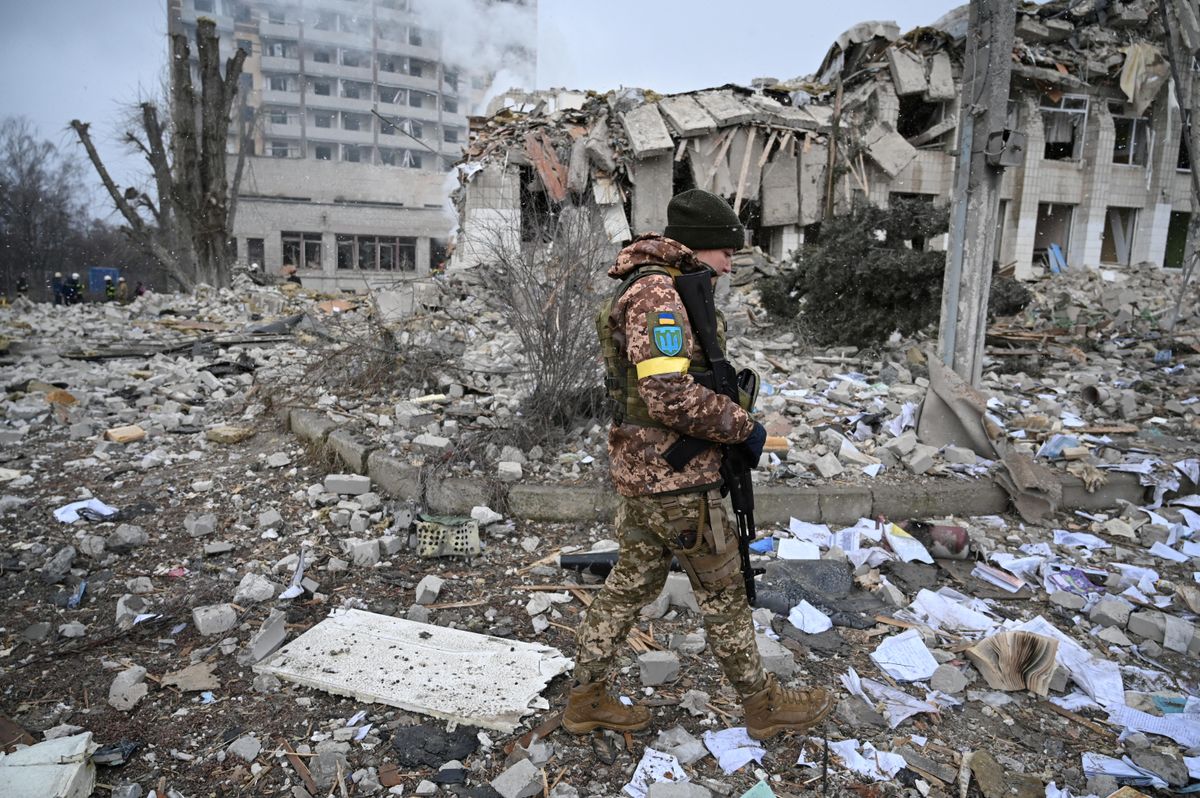Bracing for worse in Ukraine. As Russia consolidates its forces around the Donbas region in eastern Ukraine, military analysts now warn that the most violent stage of the conflict still looms. Russian forces have been trying to consolidate gains in the country’s southeast, particularly in the Russian-occupied province of Luhansk, and using “scorched earth” tactics in cities like Izyum. The Pentagon has warned that Russia’s withdrawal from other cities, including the capital Kyiv, to focus intensively on the southeast could present new challenges for the Ukrainian military. The different terrain, for example, could make it harder for Ukraine’s troops to carry out the guerilla-style operations that have been successful until now. Meanwhile, the Kremlin’s assault in the east intensified on Sunday, with Russians striking an airport in the city of Dnipro, just days after dozens of Ukrainians were killed in the eastern city of Kramatorsk, where Russia fired missiles at a railway station. The UN now says some 4.5 million Ukrainians have been forced to flee the country.
Xi is in a pickle. China’s zero-COVID policy may have kept the country operating as close to normal as possible. But the fast-spreading omicron variant led to a chaotic and sudden lockdown of Shanghai’s 26 million residents that’s been all but smooth. Many Shanghainese had little time to get groceries and medicines beforehand. Now, as supplies run thin, they’re complaining on social media and screaming from balconies for freedom. Perhaps the biggest sign that the government’s policy is unraveling is reflected in the uproar over the separation of COVID-positive children from parents, which the government was forced to walk back. China’s most populous city has ground to a halt — subways that normally carry 10 million people a day now host just 1,500. So will Xi reverse course? Some analysts say he might be forced to change tact, because the risk of a rupture to social cohesion is too great. Still, that’s unlikely to happen until later in the year, after Xi holds a plenum where he’ll seek to secure an unprecedented third term.


















